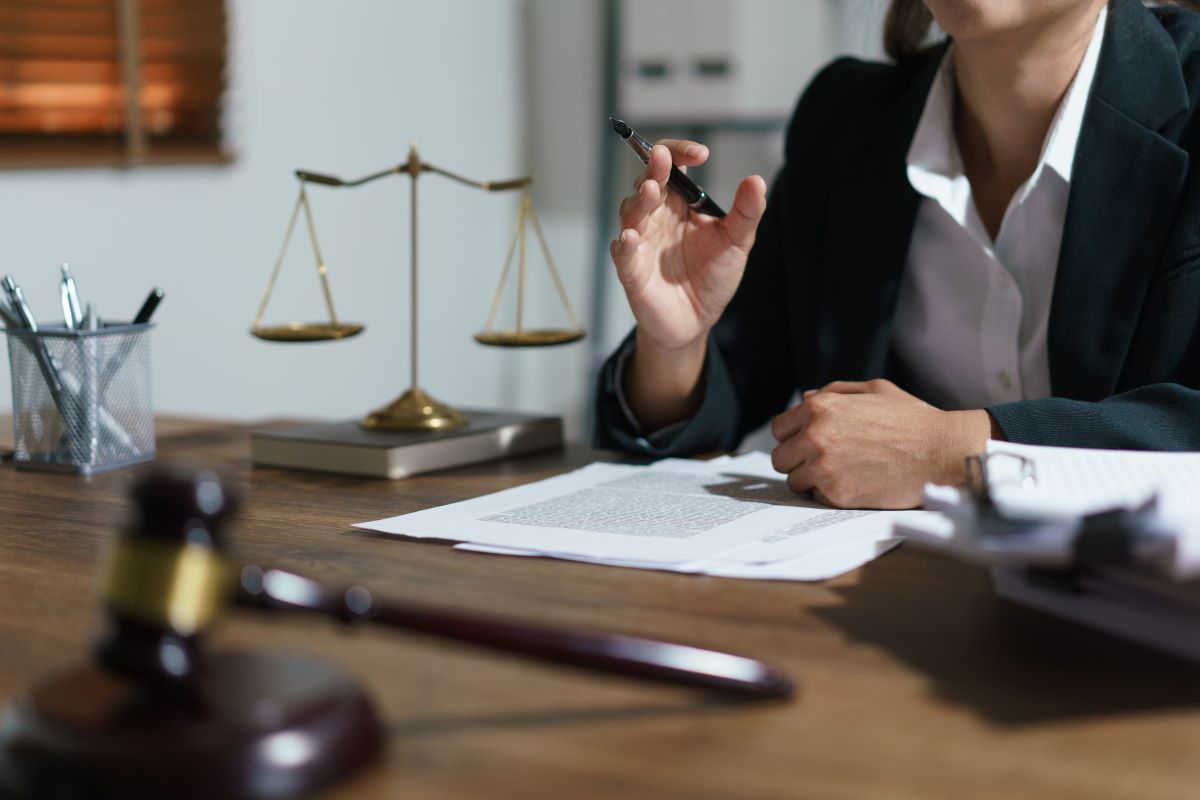Navigating the complexities of false accusations requires both precision and expertise. As false accusations can have devastating impacts on an individual’s life, it’s crucial for those affected to understand their legal rights and options. We are dedicated to providing robust legal representation to defend against false accusations and ensure justice is served.
Our priority is to protect those who have been falsely accused and to uphold their dignity and reputation. The stigma that accompanies these accusations can be overwhelming, affecting personal and professional life. It’s our mission to stand by our clients, leveraging our extensive legal knowledge to navigate the judicial system effectively.
Through a solid defense strategy, we aim to dismantle unfounded claims and clear our clients’ names. By prioritizing transparency and rigorous advocacy, we help mitigate the consequences often associated with false accusations, striving to bring peace and justice to our clients. Learn more about False Accussations Lawyer
Understanding False Accusations
False accusations can lead to devastating consequences. They often cause damage to personal and professional lives. Examining the impact, types, and legal protections helps us grasp the seriousness of these issues.
The Impact of False Allegations
The harm caused by false accusations can be severe. They can destroy reputations, leading to defamation of character and resulting in mental anguish and emotional distress. People who are falsely accused may experience slander or libel, affecting their personal and professional standing.
Moreover, false allegations can result in significant financial damages. Legal battles are costly, and the stress involved can strain relationships and mental health. Public figures or ordinary individuals may face difficulty in obtaining employment, maintaining friendships, or untangling themselves from the stigma associated with criminal accusations.
Types of False Accusations
False accusations can manifest in various forms. Criminal charges may be fabricated or exaggerated, affecting an individual’s freedom and integrity. Defamation encompasses slander and libel, where false statements are made to tarnish one’s reputation.
In some cases, there may be malicious prosecution, where individuals are subjected to legal proceedings without reasonable grounds. Defamation per se labels certain statements as inherently damaging, requiring no proof of harm to take legal action. Recognizing these types helps us better advocate for the rights of the falsely accused.
Rights and Protections
Our legal system provides avenues to protect those falsely accused. Legal professionals can help protect your rights and seek compensation for the harm endured. Civil lawsuits are an option, enabling individuals to pursue action against their accusers for damages suffered.
It’s crucial to be aware of our legal rights when falsely accused. Understanding protections like filing a countersuit for malicious prosecution helps us navigate the criminal justice system with greater confidence. While the journey may be challenging, knowing and exercising our rights can offer some relief and restoration of our reputations.
Navigating the Legal Process
False accusations in criminal cases can quickly turn one’s life upside down. It is crucial to build a robust defense, secure knowledgeable legal representation, and address any false claims directly to safeguard one’s reputation.
Developing Your Defense
To effectively defend ourselves against false accusations of a crime, it is essential to gather substantial evidence. This includes identifying credible witnesses who can support our claims and using tools such as polygraph tests if beneficial. We must meticulously compile this evidence to confront and discredit the accuser, ensuring that any malicious intent in the accusation is revealed. Confronting the accuser may require seizing opportunities to highlight inconsistencies in their statements or motivations behind filing a false report. Maintaining a detailed log of all relevant interactions and documents can support our claims. This is crucial to clear our name and navigate the complexities of our legal battles.
Legal Representation and Action
Securing experienced legal representation is vital when facing criminal cases involving false accusations. Our choice of a criminal defense lawyer can greatly influence the outcome. We should look for attributes like experience, knowledge of similar cases, and a strategic approach to defending our rights. Whether hiring a private attorney or relying on a public defender, legal advice tailored to our situation is invaluable. An attorney can guide us through the process, from responding to malicious prosecution to pursuing actions like a defamation lawsuit. Their expertise in managing these scenarios will help us defend ourselves effectively, protecting our rights and interests throughout the legal proceedings.
Building a Case Against False Reporters
Filing a lawsuit against those who have maliciously accused us is a viable course of action. An effective approach might include suing someone for false accusations, focusing on malicious prosecution or a civil lawsuit for defamation. Demonstrating that the accuser acted with malicious intent is key in these cases. We should aim to prove how these wrongful accusations led to lost wages or reputational damage. Building this case may involve gathering evidence of perjury or other criminal acts by the accuser, ensuring all actions are well-documented and supported. Utilizing expert witnesses can strengthen our case significantly, allowing us to hold false reporters accountable and seek reparations for any harm caused.

